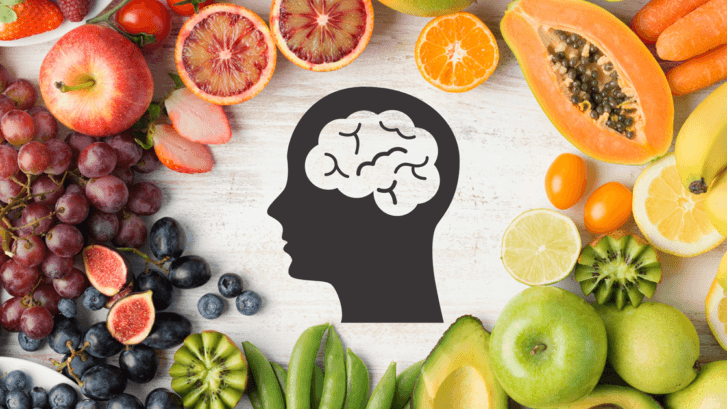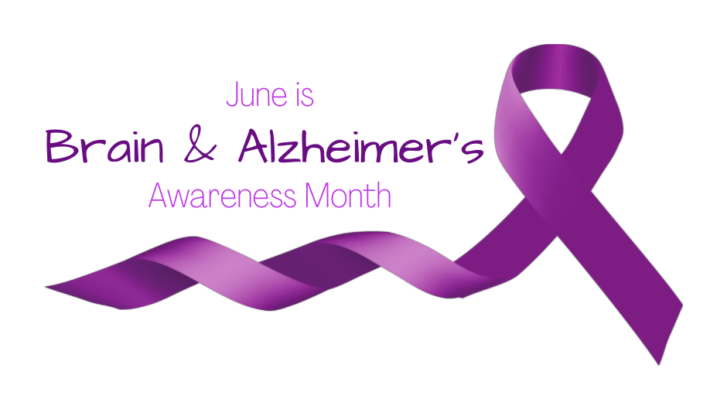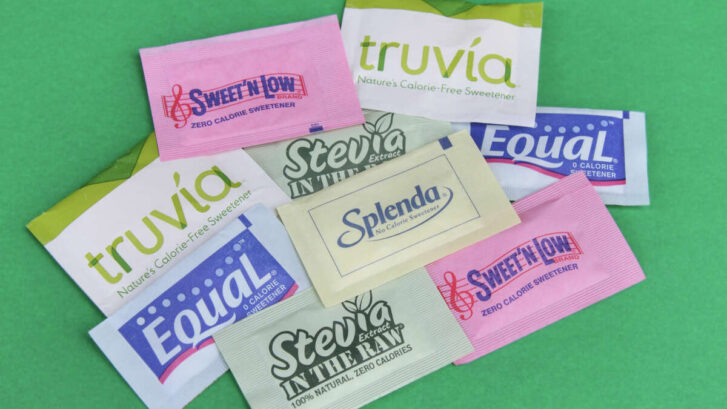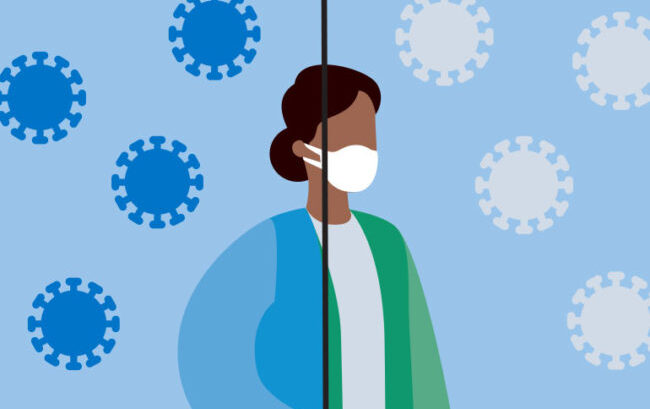Concierge Medicine vs. Traditional Healthcare: Understanding the Differences
In today’s rapidly evolving healthcare landscape, there are various models of care available to patients. Two such models that have gained popularity in recent years are concierge medicine and traditional healthcare. While both aim to provide quality healthcare services to individuals, they differ significantly in their approach, level of personalization, and cost structure. In this blog post, we will delve into the details of concierge medicine and traditional healthcare, highlighting their unique features and helping you understand the differences between the two.
Traditional Healthcare: The Familiar Model
Traditional healthcare, also known as fee-for-service or insurance-based healthcare, is the conventional approach that most people are accustomed to. It involves patients seeking care from primary care physicians, specialists, hospitals, and other healthcare providers who accept insurance plans. In this model, patients typically pay for their medical services through insurance coverage or out-of-pocket fees for uninsured services.
Here are some key features of traditional healthcare:
- Insurance dependency: Traditional healthcare heavily relies on insurance plans, where patients pay premiums to insurance companies, who in turn cover a portion of the medical expenses. The insurance provider negotiates rates with healthcare providers, and patients often have co-pays, deductibles, and limitations on covered services.
- Limited time with physicians: Due to the demands of a traditional healthcare practice, physicians often have a large number of patients, leading to shorter appointment times. This can result in patients feeling rushed during their visits and limited opportunities to discuss their health concerns thoroughly.
- Referrals for specialist care: In traditional healthcare, patients often require referrals from their primary care physicians to consult specialists or undergo certain medical procedures. This can cause delays in accessing specialized care and can add additional administrative steps to the process.
- Insurance-driven limitations: Traditional healthcare models are subject to insurance regulations, which can dictate the coverage and reimbursement rates for specific procedures, medications, and tests. This may sometimes restrict physicians’ treatment options or create administrative burdens.
Concierge Medicine: Personalized Care and Beyond
Concierge medicine, also known as boutique or retainer-based medicine, is a healthcare model that offers enhanced personalized care and direct access to physicians in exchange for an annual or monthly fee. This model aims to provide a higher level of attention, convenience, and comprehensive care to patients.
Here are some key features of concierge medicine:
- Membership-based care: In concierge medicine, patients pay an annual or monthly membership fee to a primary care physician or a practice. This fee grants them access to a range of personalized services and benefits beyond what traditional healthcare offers.
- Extended and unhurried appointments: Concierge medicine allows for longer appointment times, ensuring that patients have ample opportunity to discuss their health concerns and receive comprehensive care. This model emphasizes building strong doctor-patient relationships and prioritizes individualized attention.
- Enhanced access and convenience: Concierge practices often provide same-day or next-day appointments, 24/7 access to physicians via phone or email, and reduced waiting times. This accessibility allows patients to receive timely medical advice and attention, promoting a higher level of convenience and peace of mind.
- Preventive care and wellness focus: Concierge medicine emphasizes proactive and preventive care, focusing on wellness and disease prevention. Physicians have the freedom to develop personalized health plans, including tailored screenings, lifestyle counseling, and wellness programs.
- Additional services and amenities: Depending on the concierge practice, patients may have access to additional services such as telemedicine consultations, in-depth health assessments, coordination of specialist care, personalized health coaching, and more.
Understanding the Differences
The primary differences between concierge medicine and traditional healthcare can be summarized as follows:
- Payment structure: Traditional healthcare relies on insurance payments and out-of-pocket fees, while concierge medicine operates on a membership or retainer fee structure.
- Level of access and time with physicians: Concierge medicine offers extended appointment times, enhanced access to physicians, and a greater emphasis on building strong doctor-patient relationships, whereas traditional healthcare often involves shorter appointment times and limited access to physicians.
- Personalization and comprehensive care: Concierge medicine focuses on personalized care plans, preventive medicine, and comprehensive wellness services beyond what is typically offered in traditional healthcare settings.
- Additional services and amenities: Concierge medicine practices often provide additional services and amenities, such as 24/7 physician access, telemedicine consultations, and coordination of specialist care, to enhance the patient experience.
It’s important to note that while concierge medicine offers numerous advantages, it may not be accessible or affordable for everyone due to its higher cost structure. Traditional healthcare, on the other hand, remains the more common and widely available model for most individuals.
In conclusion, concierge medicine and traditional healthcare represent two distinct approaches to delivering medical care. Our concierge doctors in Jupiter emphasize personalization, extended time with patients, and comprehensive services, while traditional healthcare operates within the framework of insurance-based models. Understanding the differences between these two models can help patients make informed decisions about their healthcare needs and preferences.










